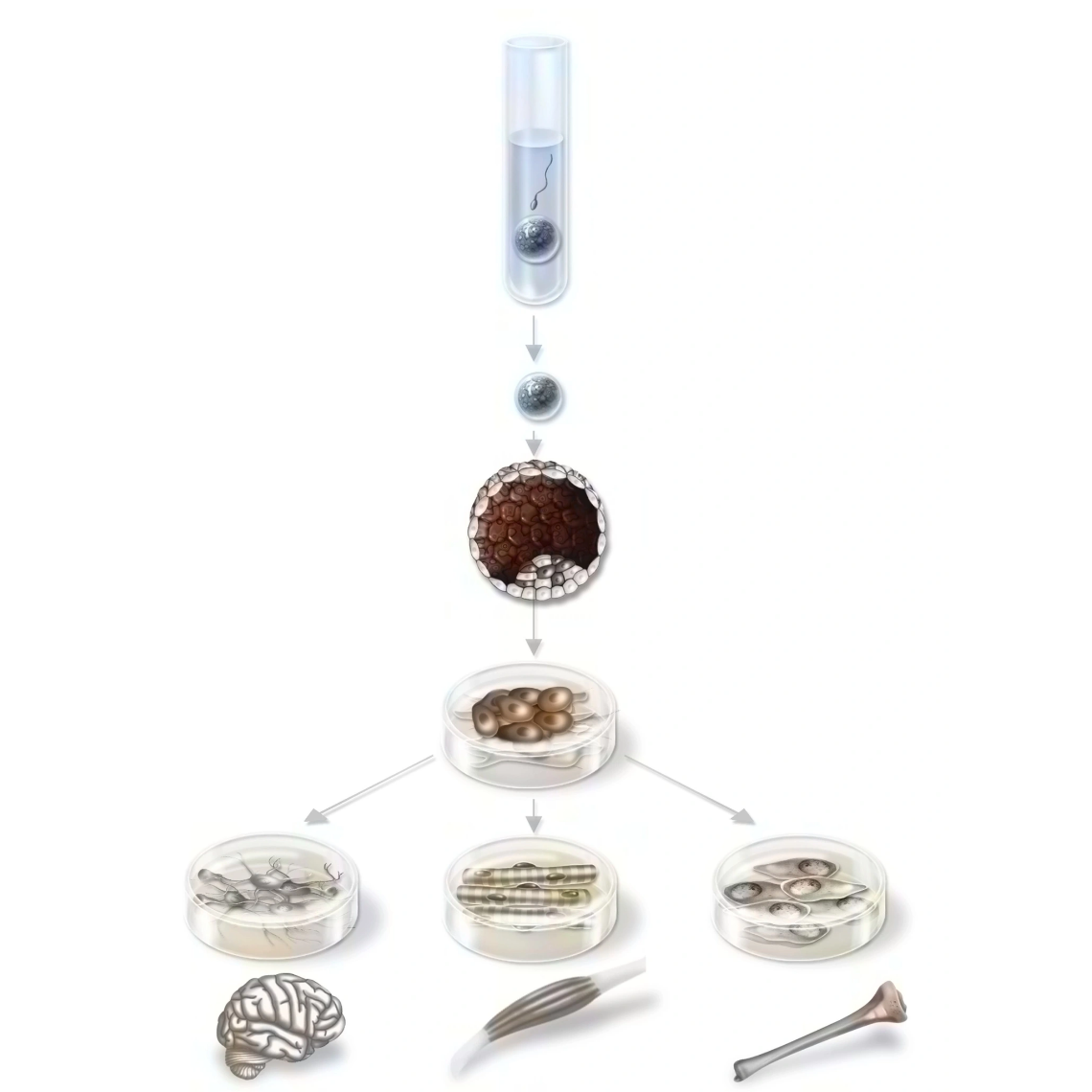
Stem cells open significant therapeutic prospects, especially due to advancements in biotechnology and tissue engineering. However, challenges remain, particularly in terms of safety, controlled differentiation, and tumor risk. Translational research is essential for their large-scale clinical application.